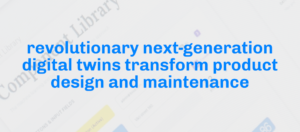::: nBlog :::
Tesla Motors’ Elon Musk announced yesterday that they’ll make all their patents available to others, to be utilized “for good purposes”. More specifically, Tesla will not initiate patent lawsuits against other companies.
The move may sound idealistic and even altruistic for a business, but with Elon drawing experience from his other disruptive industries, Tesla has several advantages and far less risks doing it, compared to traditional players.
Tesla’s cars have been designed from the ground up digitally, with connectivity, continuous monitoring and preventive maintenance in mind. In BaseN’s spime terms, a Tesla Model S car exists much more in Tesla’s Cloud than physically.
Information from the entire Tesla fleet reaches production lines in real time, resulting faster decisions at all levels of the organization. Furthermore, improvements and new safety features reach the end user immediately.
So what does this have to do with patents? Well, Tesla does not need patents as their intellectual property technically never leaves the Tesla Cloud, as long as it is appropriately secured. Someone wanting to licence Tesla’s technology would primarily need access to Tesla Cloud in order to produce and operate similar cars.
The Spime has, even faster than I anticipated, antiquated the patent system. This is a very good thing.
//Pasi




2 replies on “Model S Spimer”
Dear basen.net admin, Your posts are always well-balanced and objective.
Hi basen.net administrator, Excellent work!